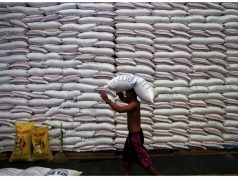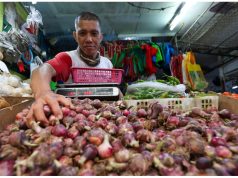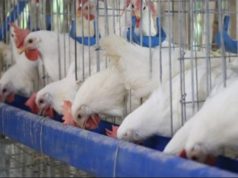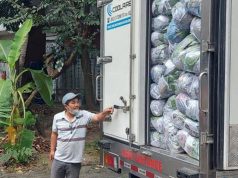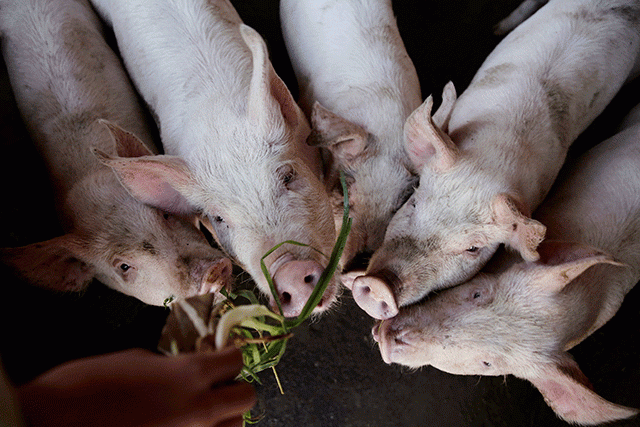
MANILA — The Department of Agriculture on Tuesday threatened legal action against hog traders ignoring strict animal quarantine rules as it confirmed new cases of African swine fever infections in metropolitan Manila and a northern province.
Agriculture Secretary William Dar said the highly contagious and deadly disease was detected in another backyard hog-raising business in Quezon City in the country’s capital.
Dar, who also confirmed African swine fever outbreaks in Pangasinan province, has ordered the culling of pigs in affected areas.
The incurable disease is wreaking havoc on hog industries in China and Southeast Asia and could also spell trouble for U.S. grain exporters supplying animal feeds to virus-hit countries such as Vietnam, Myanmar and the Philippines.
Dar told reporters hog traders transporting infected pigs were to blame for the rising number of African swine fever cases in the Philippines.
“All hog traders, the full force of the law will descend upon you,” he warned. “There are existing laws to follow and we hope that you will cooperate.”
At least 20,000 pigs have so far been culled or have died because of the disease in the country since last month, a small fraction of the nation’s swineherd that was estimated at 12.7 million heads as of July 1.
The Philippines, the world’s 10th-largest pork consumer and seventh-biggest pork importer, declared its first outbreak of the disease on Sept. 9.
Agriculture officials suspect the virus was brought to local farms via food scraps, or swill, from hotels and restaurants fed to pigs, mixed with contaminated imported pork products.
To protect their hog-raising businesses, several provinces in central and southern Philippines have imposed a ban on the entry of pork and pork-based products from the disease-hit areas, including metropolitan Manila.
“We have now asked the local government units to further strengthen their checkpoints,” Dar said, to make sure undocumented hogs possibly infected with the virus will not be transported to other provinces.
Dar, however, said there is still enough pork supply in the domestic market and that the government is making sure that only pork meat marked safe to eat by the government’s National Meat Inspection Service is sold to consumers.
— Reporting by Enrico dela Cruz; Editing by Christian Schmollinger






